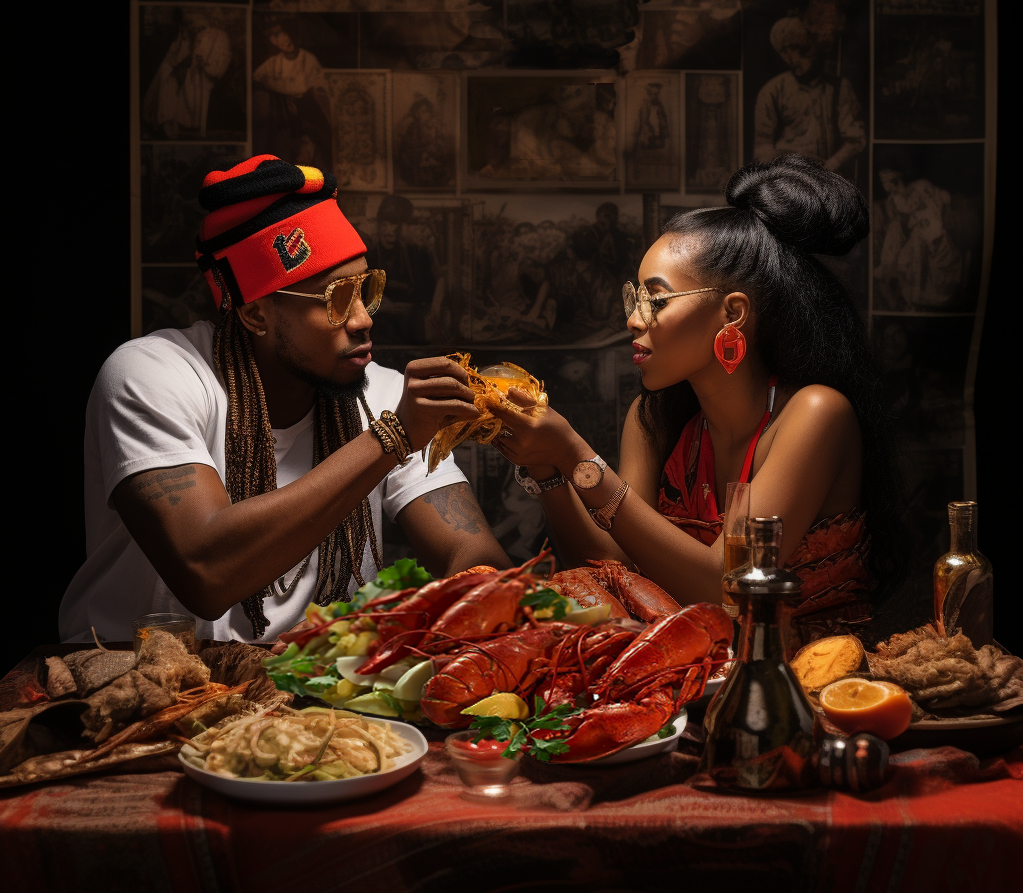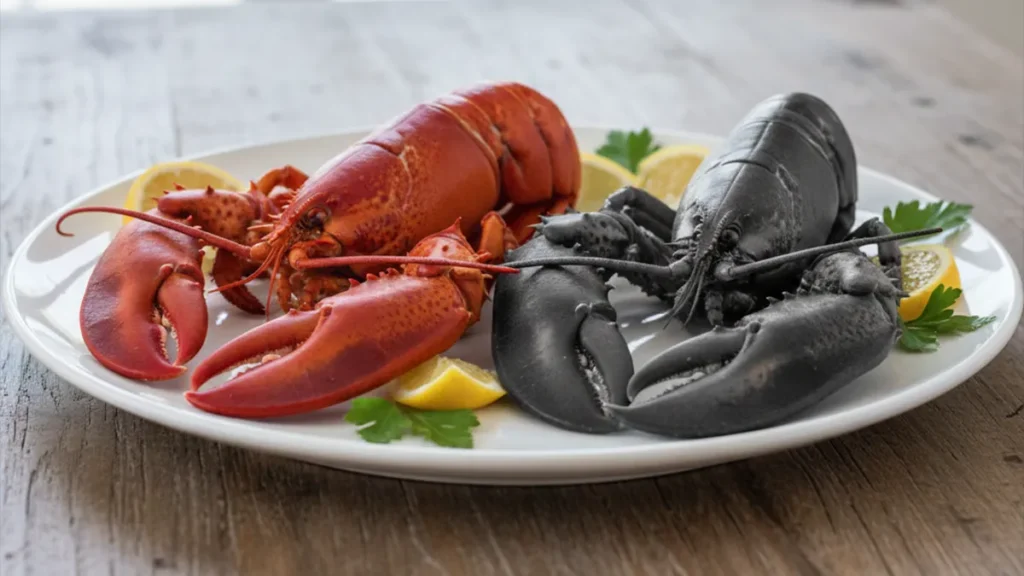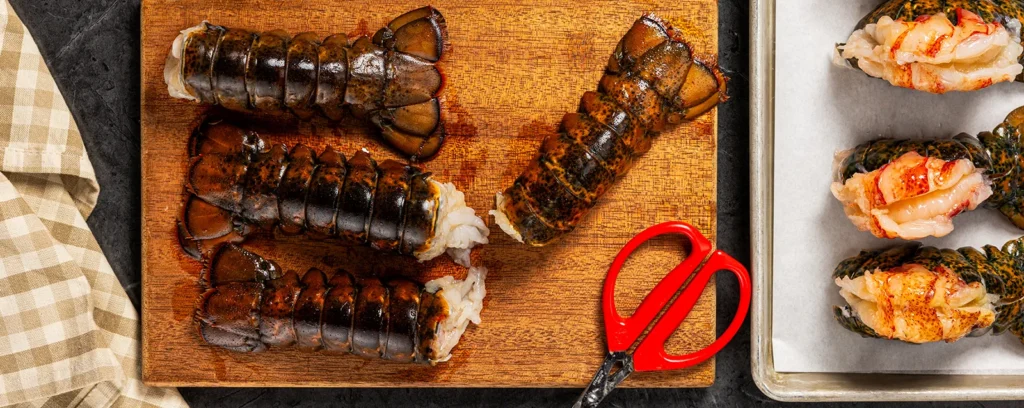
Lobster and Hip Hop: Rapper’s Delight
Hip hop, born in the Bronx during the 1970s, was a revolutionary cultural movement that emerged as a powerful expression of urban African American youth. It originated in the neighborhoods of New York City, where DJs, MCs, graffiti artists, and breakdancers collectively crafted and built a new art form that allowed them to express their creativity, cultural identity, personal struggles, and triumphs. The genesis of hip hop is often traced back to DJ Kool Herc’s legendary parties in the South Bronx, where he introduced a technique called “breaking” or “breakbeat,” isolating and extending drum breaks to create a rhythm for dancing.
As hip hop evolved, it became a voice for marginalized communities, addressing social and economic issues through its lyrical content and included lyrics pertaining to cultural heritage and political activism, like NWA’s 1988 song, F*ck Tha Police.
The Sugarhill Gang’s 1979 hit “Rapper’s Delight” marked the genre’s entrance into the mainstream, and the 1980s saw the emergence of iconic artists such as Run-D.M.C., LL Cool J, and Public Enemy, who brought political and social commentary to the forefront. The 1990s, often referred to as the “Golden Age” of hip hop, witnessed the rise of influential acts like Tupac Shakur, The Notorious B.I.G., and Wu-Tang Clan, diversifying the genre both lyrically and stylistically.
Hip hop’s impact extended beyond music, influencing fashion, language, and popular culture. The genre transcended geographical boundaries, giving rise to regional scenes with distinct sounds and styles, from West Coast gangsta rap to East Coast lyricism. Today, hip hop stands as a global phenomenon, with artists like Kendrick Lamar, Drake, and Cardi B shaping its contemporary landscape. From its humble beginnings in the Bronx to its current position as a dominant force in the music industry, hip hop remains a testament to the power of creativity and self-expression within marginalized communities.
One perhaps unexpected element that’s made its way into hip hop lyrics is seafood, with lobster taking the spotlight as a symbol of both status and success.
Back in the 1980s, hip hop artists started including seafood in their lyrics to flex their wealth and love for the finer things. Lobster became the go-to symbol for a life of opulence and success that everyone in hip hop wanted a piece of. As hip hop grew, so did the shout-outs to seafood in the lyrics.
Lobster, with its reputation as a fancy-pants delicacy, became the ultimate sign of not just being rich but being part of an exclusive club. In hip hop, artists used lobster references to tell their stories of going from nothing to rolling in the good life. Seafood, especially lobster, became a status symbol in lyrics, representing success and all the classy stuff that comes with it.
A favorite is from Rick Ross’ song, I Love My Bitches, “Am I really just a narcissist cause I wake up to a bowl of Lobster bisque?”
The inclusion of seafood mentions in hip hop music might also be attributed to the significant role that seafood plays in Soul Food. Beyond the classics like fried chicken and collard greens, seafood adds another layer to soul food. Many African American communities near the coast have brought seaside flavor into soul food kitchens for generations.
One example is the Southern favorite, shrimp and grits but whether it’s a seafood gumbo full of crab, shrimp, and oysters or a pot of crawfish étouffée, these dishes show off the creativity and resilience in African American cooking.
Here’s a link to a spotify playlist that features songs containing shout outs to seafood in their lyrics: https://open.spotify.com/playlist/1CL8pWpbWrCFpGM9YQU56Y?si=29e918f6333d4959
And nowadays, you don’t have to be a famous rap star to enjoy delicious Maine lobster. The freshest seafood available is just two clicks away at ShopLobster.




